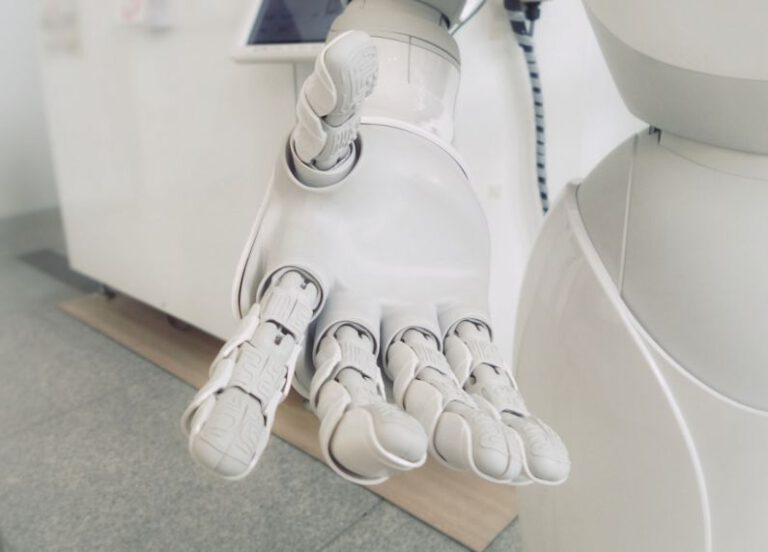Next-generation Batteries: Powering Tomorrow
In our rapidly evolving world, the demand for energy storage solutions continues to grow. Next-generation batteries are at the forefront of this technological advancement, promising to revolutionize how we power our devices, vehicles, and homes. With innovations in materials science and engineering, these new batteries offer higher energy densities, faster charging times, longer lifespans, and improved safety features. Let’s delve into the exciting developments in next-generation batteries and explore how they are shaping the future of energy storage.
Advancements in Lithium-ion Batteries
Lithium-ion batteries have been the standard for portable electronic devices and electric vehicles for years. However, researchers are constantly working to enhance the performance of these batteries. One promising development is the use of silicon anodes in place of graphite. Silicon has a much higher energy density, which means that batteries can store more energy without increasing their size. This innovation could significantly extend the battery life of smartphones, laptops, and electric cars.
Solid-State Batteries: A Game-Changer in Energy Storage
Solid-state batteries represent a significant leap forward in battery technology. By replacing the liquid electrolyte found in traditional lithium-ion batteries with a solid electrolyte, these batteries offer several advantages. Solid-state batteries are safer, as they are less prone to overheating and thermal runaway. They also have higher energy densities, allowing for more energy to be stored in the same amount of space. Moreover, solid-state batteries have longer lifespans and can withstand more charge-discharge cycles than conventional batteries.
Sodium-ion Batteries: A Sustainable Alternative
As concerns about the environmental impact of battery production grow, researchers are exploring alternative materials to lithium. Sodium-ion batteries have emerged as a promising sustainable alternative. Sodium is more abundant and less expensive than lithium, making it an attractive option for large-scale energy storage systems. While sodium-ion batteries may not offer the same energy density as lithium-ion batteries, ongoing research aims to improve their performance and make them a viable option for various applications.
Hybrid Supercapacitors: Combining the Best of Both Worlds
Hybrid supercapacitors combine the high power density of supercapacitors with the high energy density of batteries. This hybrid approach results in energy storage devices that can deliver rapid bursts of power while also storing large amounts of energy. Hybrid supercapacitors are ideal for applications that require both high power output and long-term energy storage, such as electric vehicles and renewable energy systems. By leveraging the strengths of both supercapacitors and batteries, hybrid devices offer a balanced solution for diverse energy storage needs.
The Role of Artificial Intelligence in Battery Development
Artificial intelligence (AI) is playing an increasingly important role in the development of next-generation batteries. By using machine learning algorithms to analyze vast amounts of data, researchers can accelerate the discovery of new materials and optimize battery performance. AI can help predict the behavior of battery materials, identify potential failure modes, and design more efficient battery management systems. This integration of AI in battery development is paving the way for faster innovation and more reliable energy storage solutions.
Unlocking the Potential of Quantum Batteries
Quantum batteries are a cutting-edge concept that leverages the principles of quantum mechanics to store and release energy. Unlike classical batteries, which rely on chemical reactions for energy storage, quantum batteries use quantum entanglement to store energy in a more efficient and secure manner. While quantum batteries are still in the early stages of development, they hold the potential to revolutionize energy storage by offering unparalleled energy densities and charging speeds.
Empowering a Sustainable Future with Next-generation Batteries
As we strive towards a more sustainable future, the development of next-generation batteries is crucial for enabling the widespread adoption of renewable energy sources and electric vehicles. These innovative energy storage solutions are not only more efficient and reliable but also environmentally friendly. By embracing the advancements in battery technology, we can pave the way for a cleaner, greener tomorrow powered by next-generation batteries.






